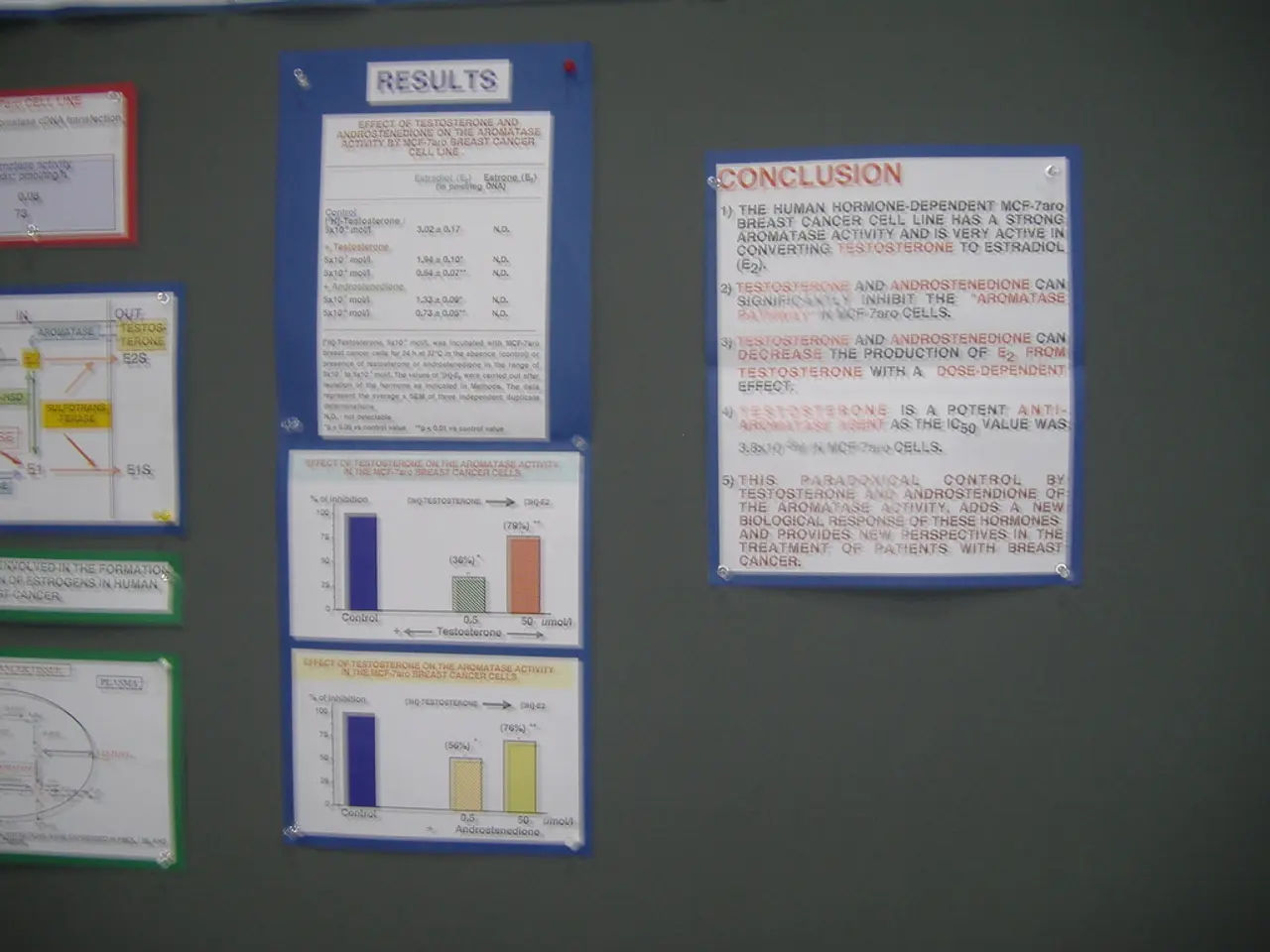Experiencing a miscarriage's physical sensations and visual aspects explained.
Pregnancy loss, or miscarriage, can be a distressing experience for many people. While it is a relatively common occurrence, understanding the signs, causes, and appropriate responses can help alleviate some of the anxiety surrounding this sensitive topic.
Symptoms of Pregnancy Loss Beyond the First Trimester ------------------------------------------------------
Vaginal bleeding is a common symptom of pregnancy loss, but it can range from light spotting to heavy bleeding. In cases of fetal loss, the bleeding may be more pronounced and accompanied by clotting. Severe abdominal cramps are also typical, often feeling more intense than menstrual cramps. Some women may experience back pain, which can be a sign of uterine contractions. A decrease in pregnancy-related symptoms such as nausea or breast tenderness may also be observed. In more advanced fetal loss, women may pass tissue or clots.
Patterns of Bleeding ---------------------
Bleeding in pregnancy loss beyond the first trimester tends to be heavier and more prolonged compared to early pregnancy bleeding or implantation bleeding. The blood may appear more red and can be accompanied by clots, indicating a more significant bleed. The presence of abdominal pain, cramping, or back pain alongside bleeding is more indicative of a serious condition like a late miscarriage.
Causes and Complications --------------------------
Pregnancy loss in the second trimester can be due to cervical insufficiency, where the cervix is weak and may dilate prematurely, leading to a miscarriage. Other complications like placental abruption or placenta previa can also cause bleeding in later pregnancy stages.
It is crucial to seek medical attention if any of these symptoms occur to ensure timely intervention and prevent further complications.
General Advice ---------------
Monitoring basal body temperature, using ovulation tests, and waiting until after the next period may help increase accuracy in timing sexual intercourse for conception and dating a pregnancy accurately. It can take time to recover emotionally after pregnancy loss, and it is typical for people to experience sadness, grief, or shock. A delay between pregnancy loss and any bleeding or passing of tissue is called a "missed miscarriage."
Depending on the timing, having two or more consecutive pregnancy losses may require further investigation to try and find the cause. Medication can be supplied by a doctor to help pass a pregnancy more quickly at home, but this approach is safest during early pregnancy.
A small amount of bleeding is common in early pregnancy and does not necessarily indicate a pregnancy loss. A shorter interval between pregnancies following an early pregnancy loss may lead to higher rates of conception. However, it is important to wait at least 1 to 2 weeks after experiencing a pregnancy loss before putting anything inside the vagina, including tampons, to reduce the risk of infection.
If people do want to try conceiving again, they may need support in recovering from the experience before they feel ready. A person cannot stop a pregnancy loss once it starts, but they should seek medical help to prevent complications such as infections.
It is important to call a doctor if a pregnant person experiences vaginal bleeding, particularly if it gets progressively heavier, intense pain or cramping, bleeding that stops and starts again, or bleeding that lasts a long time.
In conclusion, understanding the symptoms, patterns, and potential causes of pregnancy loss can help individuals make informed decisions about their reproductive health. It is crucial to seek medical attention promptly if any concerning symptoms arise to ensure the best possible outcomes.
- Some medications, such as Paxlovid, may have potential interactions with pregnancy and should be discussed with a healthcare provider before use.
- Colitis, an inflammatory bowel disease, can lead to complications during pregnancy, particularly ulcerative colitis and Crohn's disease.
- Obesity during pregnancy can increase the risk of complications like diabetes, hypertension, and complications during delivery.
- AQ can be used in contextual advertising, helping to retarget potential customers based on their previous interactions with specific health-and-wellness products.
- Multiple sclerosis, a type of autoimmune disease affecting the central nervous system, can sometimes have adverse effects during pregnancy.
- Chronic Obstructive Pulmonary Disease (COPD) can worsen during pregnancy, leading to complications like preterm labor and low birth weight.
- Science and research are constantly evolving our understanding of mental health conditions, like bipolar disorder, during pregnancy and breastfeeding.
- Some medications used to treat depression, such as selective serotonin reuptake inhibitors (SSRIs), may be safe to use during pregnancy, but it's essential to discuss with a doctor.
- Pregnancy and hormonal fluctuations can affect emotional well-being, which is a crucial aspect of women's health.
- It is essential to improve diagnostic methods for pregnancy loss, as current predictive models may have limitations in understanding the root causes.
- Women with preexisting conditions like diabetes should closely monitor their blood sugar levels during pregnancy to prevent complications like preeclampsia.
- Following a pregnancy loss, it's essential to take care of mental health, maintaining a healthy lifestyle, and seeking support from healthcare professionals, family, and friends to promote healing and future conception.




